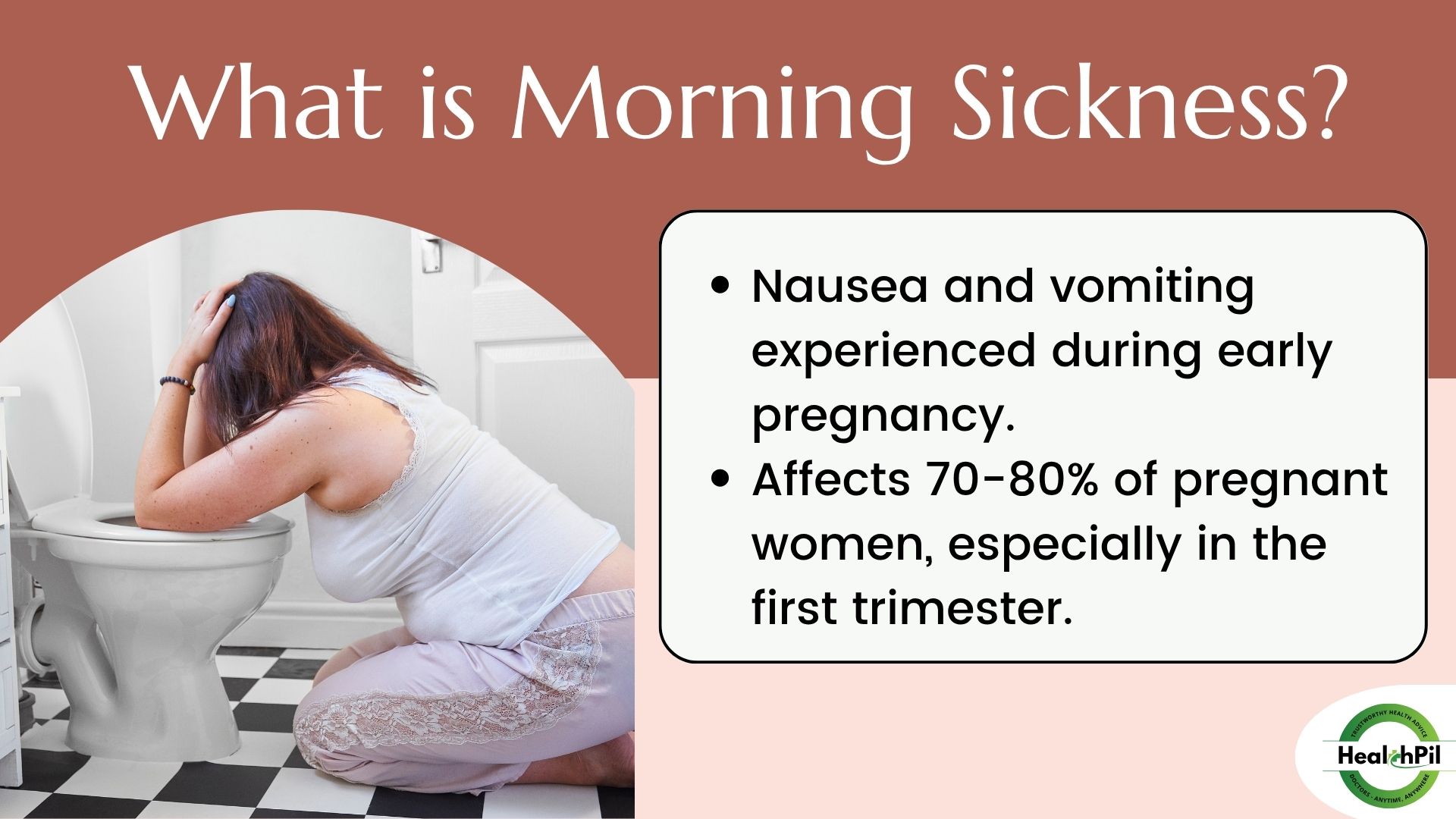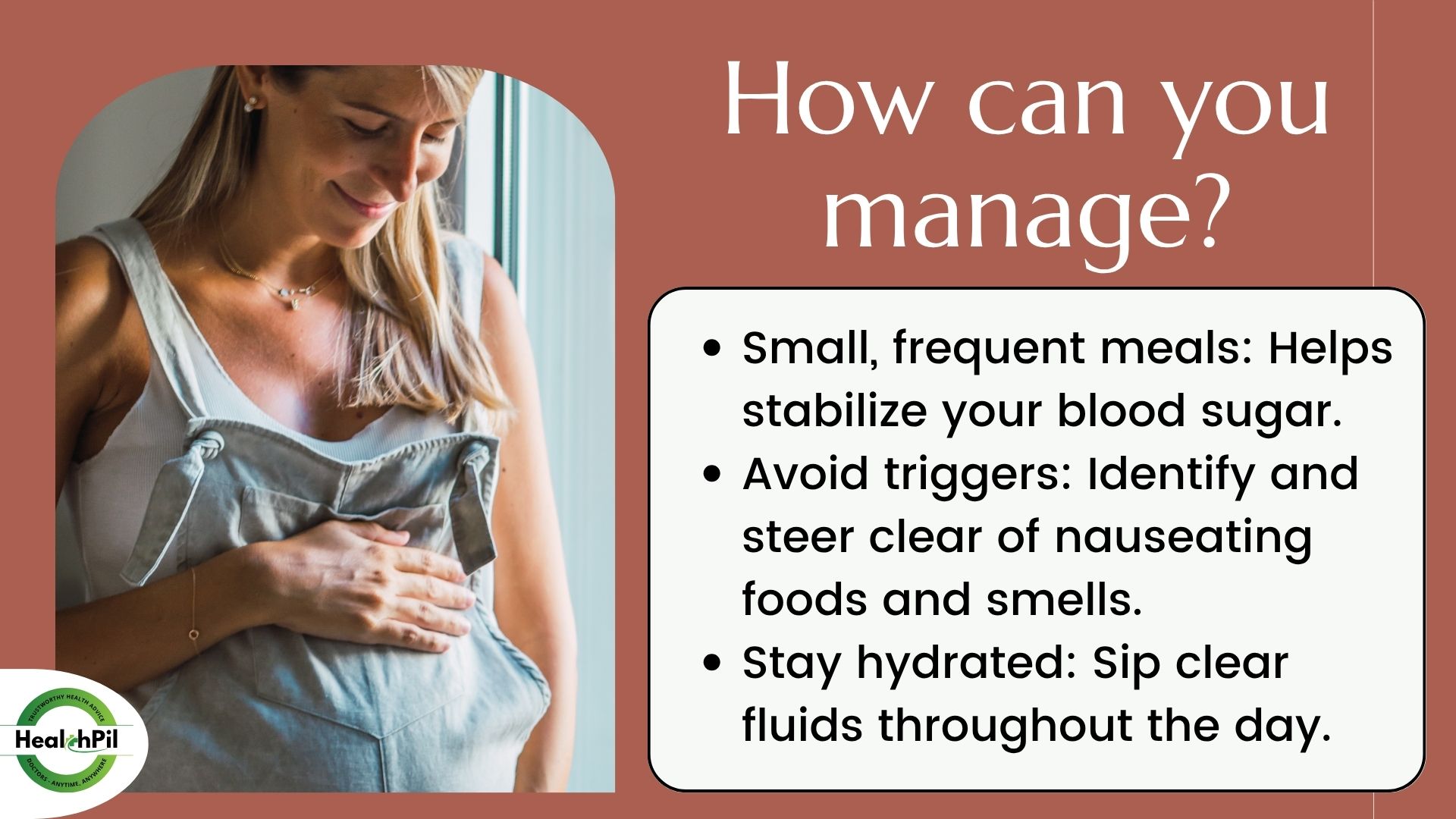






Managing Morning Sickness Effectively
Morning sickness is experienced by about 70-80% of pregnant women, mostly occurring in the first trimester. While often considered a normal part of pregnancy, managing the discomfort can make a significant difference in the quality of life for expectant mothers. In this article, we will explore the causes, symptoms, and effective strategies for managing morning sickness.
What is Morning Sickness?
Morning sickness is the nausea and vomiting that many pregnant women go through, especially in the morning. The severity of morning sickness varies from woman to woman, and it can last for different durations. Some women may only experience mild nausea, while others may suffer from more severe symptoms that disrupt daily activities.
Causes and Risk Factors of Morning Sickness
● Hormonal Changes: The surge in hormones, especially hCG, is thought to be a huge factor behind morning sickness.
● Increased Sensitivity to Smells: Many pregnant women become more sensitive to odors, which can trigger nausea.
● Stress: Feeling stressed or anxious about pregnancy can make morning sickness worse.
●Dietary Factors: Low blood sugar and dehydration can also play a role in triggering morning sickness.
Recognizing Symptoms
●Nausea
●Vomiting
●Aversion to certain smells or foods
●Fatigue
●Sensitivity to light
Most women find that their symptoms have improved after the first trimester, but some may experience them throughout their pregnancy.
How to manage Morning sickness
1. Dietary Adjustments:
● Small, Frequent Meals: Eating small meals every 2-3 hours can help stabilize blood sugar levels.
● Avoid Triggers: Identify and avoid foods or smells that worsen nausea.
● Stay Hydrated: Sip on fluids throughout the day, especially clear liquids.
2. Home Remedies:
●Ginger: Ginger tea, ginger ale, or ginger candies can provide relief.
●Vitamin B6: Discuss with your healthcare provider about taking vitamin B6 supplements, which may help reduce nausea.
3. Rest and Relaxation:
● Get Plenty of Rest: Fatigue can worsen nausea, so prioritize sleep.
● Stress Management: Try relaxation techniques like deep breathing or prenatal yoga to help reduce stress.
4. Medical Intervention:
●If morning sickness is severe and persistent (known as hyperemesis gravidarum), consult your healthcare provider for possible medication options.
FAQs About Food Labels
When does morning sickness usually start?
Morning sickness typically begins around the sixth week of pregnancy and can last until the end of the first trimester.
What can I do to ease nausea?
Try small, frequent meals, stay hydrated, and avoid triggers that worsen symptoms.
Is morning sickness harmful to my baby?
Morning sickness is generally not harmful to the baby, but severe cases (hyperemesis gravidarum) can lead to complications.
Should I take medication for morning sickness?
Discuss options with your healthcare provider if symptoms are severe and disrupt your daily life.
When will morning sickness go away?
Most women find that symptoms improve significantly by the end of the first trimester.
Conclusion
Morning sickness can be challenging, but understanding its causes and employing effective management strategies can help ease the discomfort. By making dietary adjustments, practicing relaxation techniques, and staying informed, expectant mothers can navigate this common pregnancy symptom with greater ease.
Disclaimer
The information provided in this article is for awareness purposes only and should not replace professional medical advice. Always consult your healthcare provider for personalized medical guidance.
How HealthPil can help?
HealthPil Is Always Here for YOU!
● Need Guidance? Connect with healthcare experts ready to help you navigate gestational diabetes.
●Join Our Community: Gain access to tips, resources, and support from mothers just like you!
●Don’t Delay—Take Action! Your health and your baby’s future are too important to wait!
Contact HealthPil today and empower your pregnancy journey!
